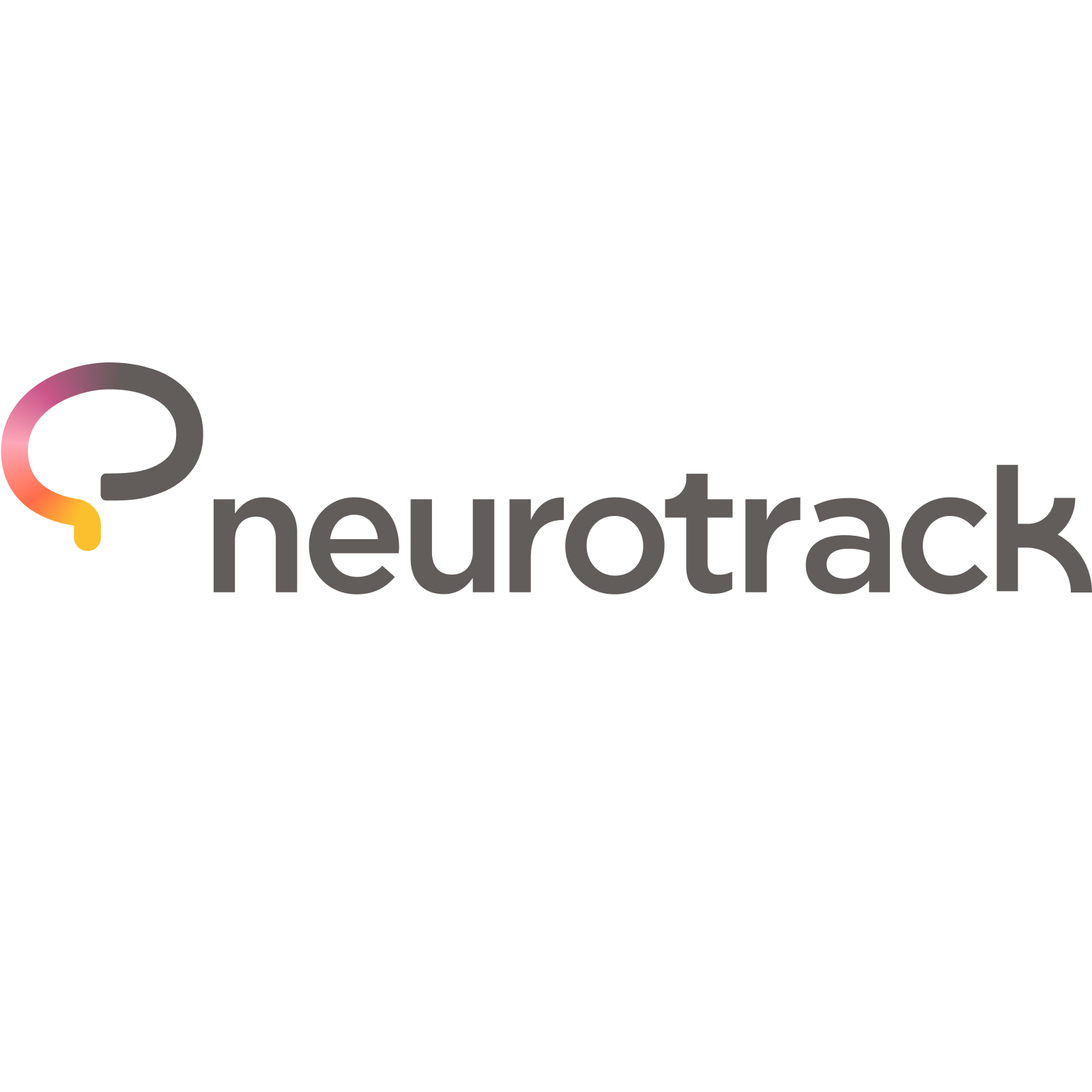

In Medicare Advantage (MA), few metrics carry as much weight as Star Ratings. Originally introduced as a feature of the Affordable Care Act (ACA), the Star Rating system was designed to give beneficiaries a clear way to compare plan quality and incentivize payers and providers to deliver higher-quality care.
Why Star Ratings are pivotal to MA payers
Star Ratings assess MA plan performance across multiple domains (such as preventive care, managing chronic conditions, and member experience) many of which intersect with the Annual Wellness Visit (AWV). Plans with higher ratings earn bonus payments, attract more members, and gain a competitive edge during open enrollment.
In a nutshell, teams earning a rating of 4 and above earn a per member per month (PMPM) allocation adjustment. Those with less than 4 will not. So for many MA organizations, even a half point improvement in Star Ratings can mean millions in additional revenue and stronger market positioning. Conversely, a dip in performance can lead to lower earnings, plummeting enrollment, and reputational risk.
The link between Star Ratings and the Annual Wellness Visit
The AWV is a cornerstone of preventive care and directly influences several Star measures. During this MA checkup, providers collect and update essential health data, assess risk factors, and discuss preventive interventions. This visit offers a unique opportunity to close care gaps that feed into Star performance — including those related to medication adherence, chronic condition management, and member satisfaction.
However, one often overlooked component of the AWV is cognitive health. Early detection of cognitive decline — through efficient, validated screening tools like Neurotrack — not only supports better patient outcomes but can also positively impact multiple Star measures, such as:
- Care coordination and follow-up after abnormal results
- Patient engagement and satisfaction, when members feel their concerns are proactively addressed
- Chronic condition management, since cognitive impairment affects medication adherence and self-care
Cognitive screening: a small step with big impact
While it's a frequently skipped step, doing a brief cognitive screening in every AWV is not just a clinical best practice (and Medicare requirement), it's also a strategic advantage. Identifying early signs of impairment allows plans and providers to intervene sooner, connect patients to support, and reduce avoidable complications or hospitalizations.
Moreover, as CMS continues to emphasize whole-person care and early detection, proactively checking cognitive function positions MA organizations ahead of regulatory and quality trends.
Stars that guide patients (and practice)
Star Ratings serve as more than a scorecard, they reflect how well an MA plan is meeting the preventive and holistic needs of its members. And as the population ages, cognitive screening will increasingly become a defining element of quality.
For MA plans aiming to boost Star Ratings and deliver more comprehensive care, ensuring that every Annual Wellness Visit includes a Neurotrack cognitive screening is a simple, high-impact place to start.




